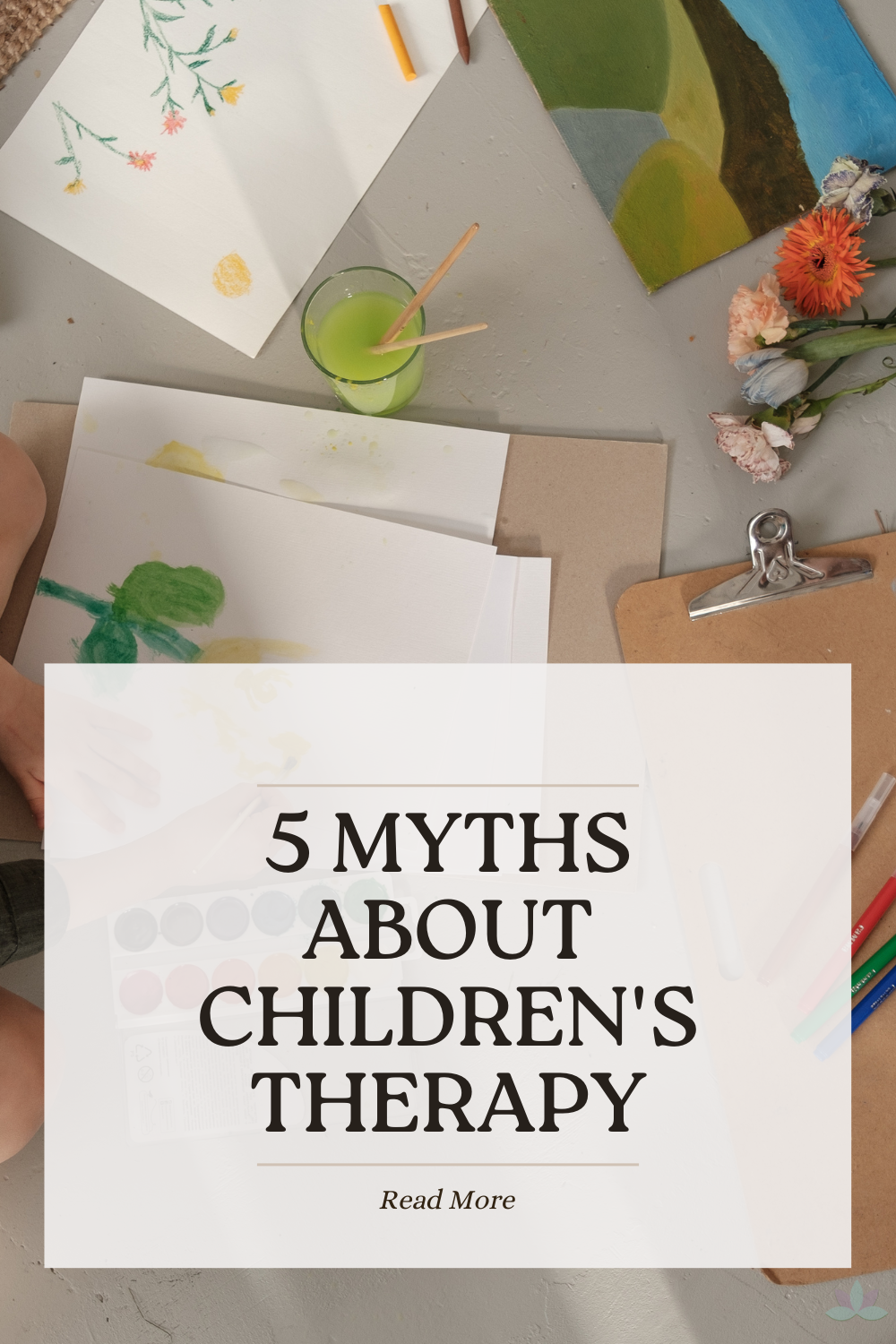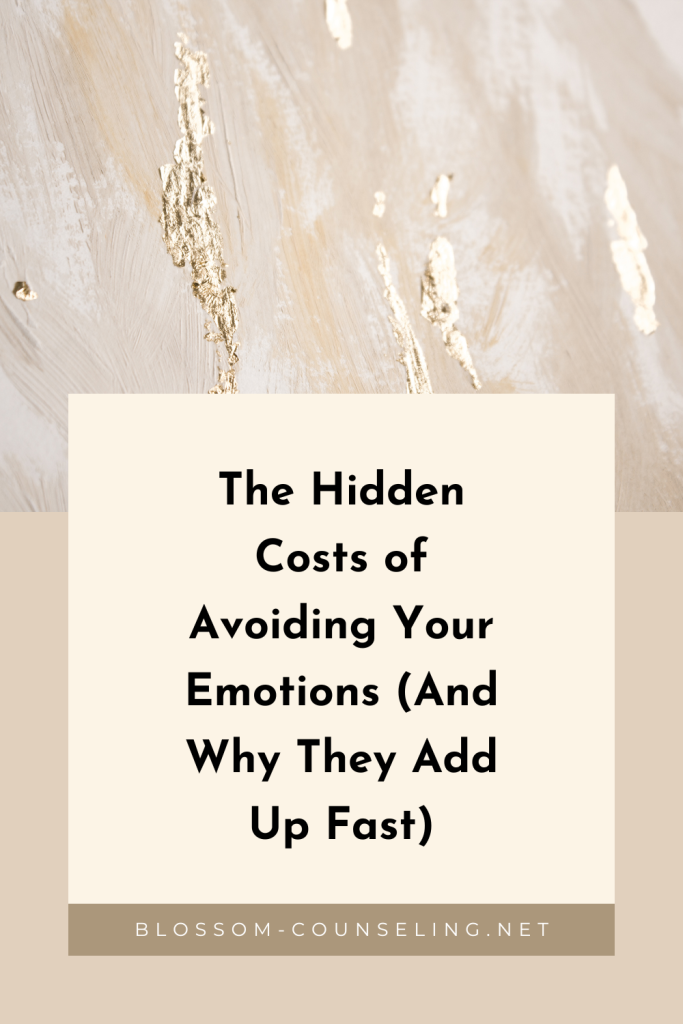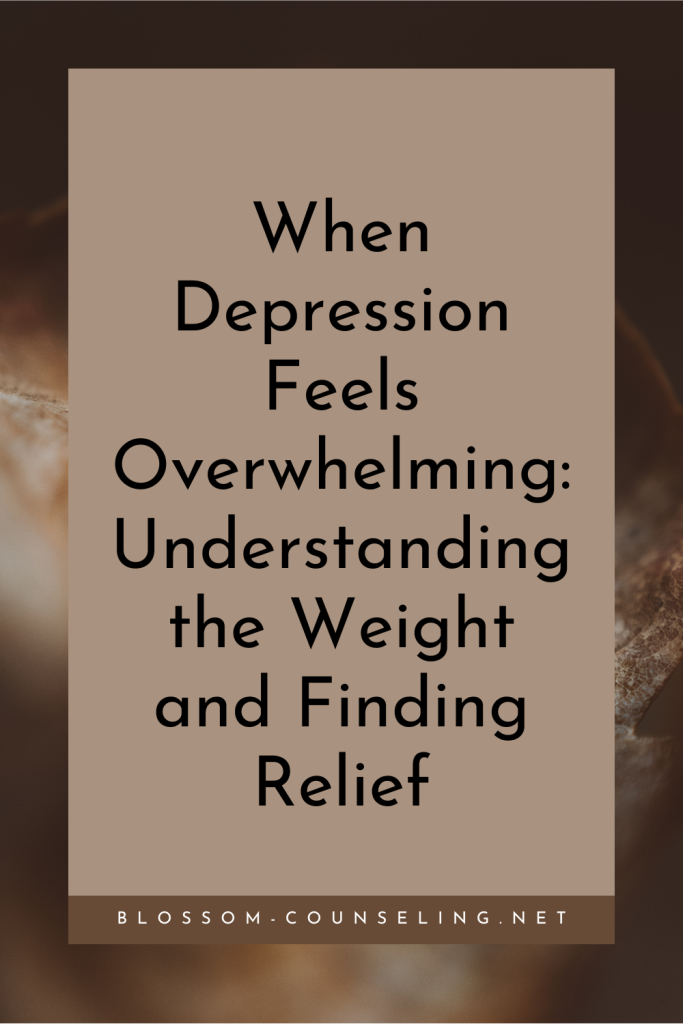
Although we often say, “It takes a village,” many parents are left feeling isolated and overwhelmed with the struggles their kids and family are facing. #MomLife (and #DadLife) trend on social media, giving the illusion of connection to (and support from) other parents – lamenting in tantrums, and sharing frustrations, silly stories, and cute videos. Despite the attention these posts often get, many don’t share the tough stuff that comes with parenting, and what may be happening behind-the-scenes may be more than just a tantrum or a series of bad days.
It can be hard to assess if your child needs additional support when these challenges are often left undiscussed. In our society, there’s often pressure and expectation to raise our children alone, to not share their/our struggles, and to do it all without help when we – and our kids – really need it. Just as mental health is a difficult topic for teens and adults, childhood challenges can be equally difficult for parents to share with others and to identify within their own children.
“It takes a village to raise a child,” and it truly does! This African proverb speaks volumes to the necessity of a network of people to interact with children so that children may experience and grow in a healthy, safe environment. Reaching out to a mental health professional who specializes in treating children adds to your village and gives you and your family the support they need. This decision may not be an easy one, and parents are often curious what therapy is like for kids. Let’s debunk a few common myths about children’s therapy that we’ve heard over the years at Blossom!
It’s just growing pains! Mental health problems don’t exist in childhood.
Up to 70% of mental health issues in adulthood originated during childhood, and 50% show their symptoms before age 14. If left untreated during childhood, these symptoms are more likely to become debilitating in adulthood.
Mental health problems will persist for my child’s entire life.
In a lot of cases, this is untrue. Even with diagnoses like Autism, ADHD, etc, the earlier your child receives interventions, the better able they will be to develop appropriate skills to manage and prevent excessive distress, overcome symptoms, and develop healthy strategies for the long-term. With research-based therapies like CBT, play therapy, trauma-informed therapy, and art therapy, we can provide strategies and build resilience while a person’s brain is most responsive to change – during childhood!
Therapy is only for kids with serious problems.
A diagnosis isn’t necessary to see a therapist. We often work with kids and their families short-term to help develop skills, address an acute concern, and to build resilience to handle future challenges. Many topics of discussion in sessions aren’t diagnoses or pathologies, and arise from common day-to-day struggles – like divorce, social issues, self-esteem, stress, moving or changing schools, etc.
Children have problems because of bad parenting… or its cousin, The therapist will think I’m a bad parent.
I don’t think a bad parent would even consider coming to therapy with their child!😊 Considering your options, looking for ways to help your child, and being open to therapeutic suggestions are signs of good parenting. Seeking help demonstrates insight, self-awareness, and inner strength as a parent. Parents play a crucial role in their children’s progress by providing support and care. Although we’ll often give you techniques and strategies to use at home, this is to encourage and support the progress between sessions and isn’t a judgment of your parenting skills!
Therapy for kids is a waste of time.
One of my favorite quotes is one by Frederick Douglas – “It is easier to build strong children than to repair broken men.” Research shows that treatment interventions are most successful within the first few years of a symptom being identified. We can’t expect children to have the skills to overcome their struggles on their own, but they can develop them through work with a professional. There’s no harm in helping your child feel empowered, insightful, and resilient!
Our team of compassionate therapists is here to help you find the support you need. We believe in a holistic approach, treating your mind, body, and spirit. With a blend of traditional and alternative therapies, we tailor your experience to meet your unique needs. At Blossom, we create a non-judgmental space where you can be your authentic self. Our goal is to empower you, amplify your strengths, and help you create lasting change. Together, we’ll navigate life’s challenges and help you bloom, grow, blossom! You deserve to become the best version of you.




